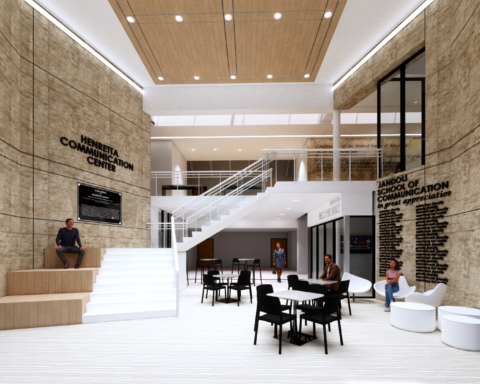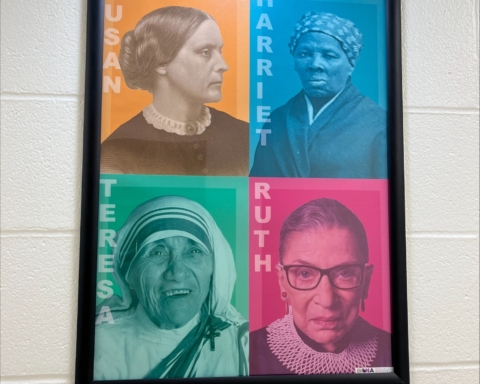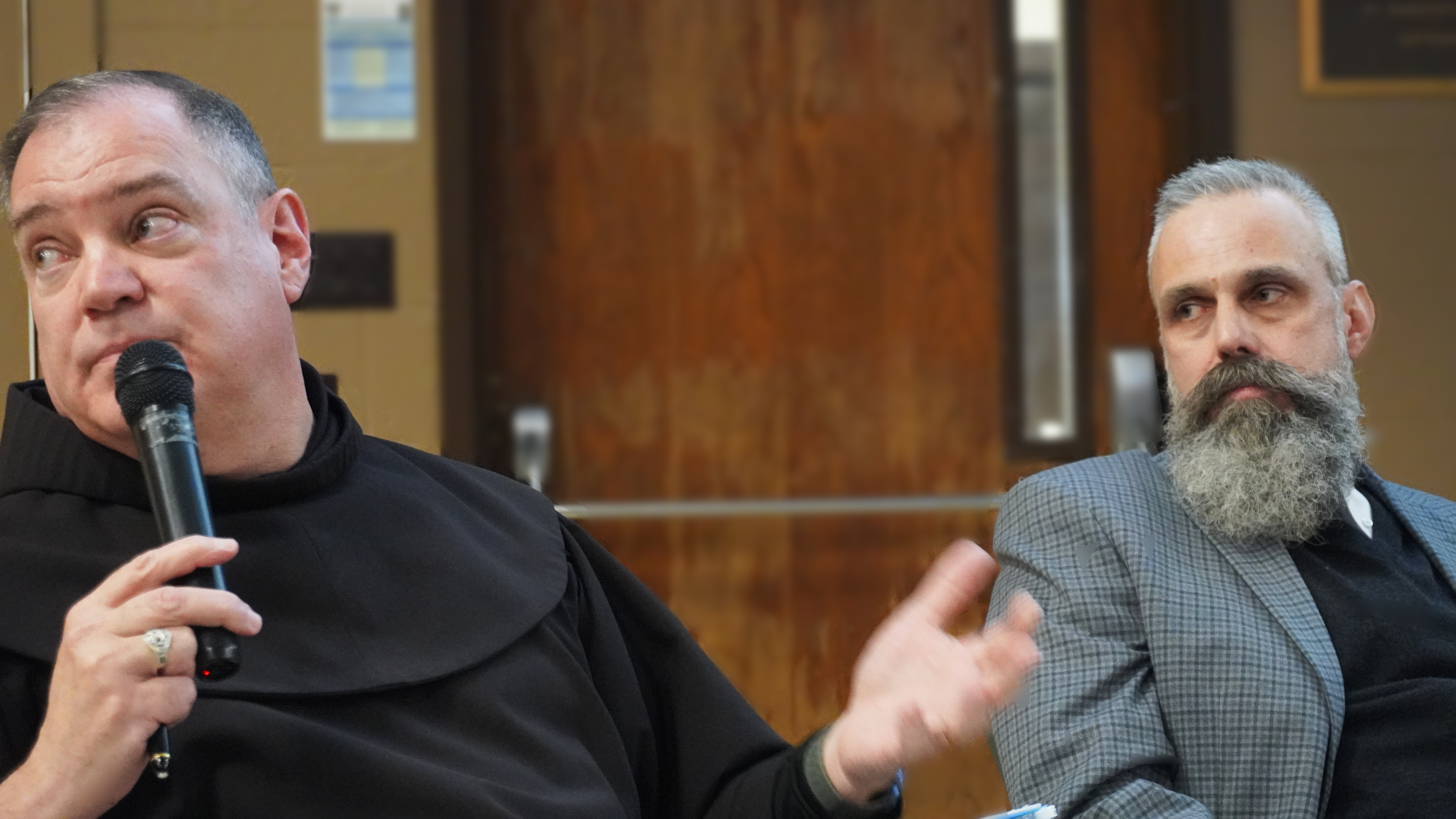“A strong democracy needs a strong media, and that’s because you need media holding people accountable, asking questions. And, that may explain why some people feel negatively about the media – that they’re weakening democracy. But, the research I’ve seen – I’ve seen a number of studies and articles – in areas where there’s not a free press, that’s where corruption flourishes,” said Dr. Richard Lee, an associate professor within the Jandoli School of Communications and executive director of the brand-new Jandoli Institute.
Founded on Oct. 10, the Jandoli Institute helped Lee realized a longtime vision of his for his alma mater and place of work. The Jandoli Institute will “serve as a forum for academic research, creative ideas and constructive debate on the intersection between media and democracy,” as it reads on the institute’s website. Jandoli School students and faculty will be able to publish their work through the institute as it gradually evolves into a platform that will promote healthy and organic media.
Lee’s inspiration came in large part from The Hall Institute within Rutgers University, where he received his Ph.D in media studies in 2013.
“What the Hall Institute did was bridge the gap between academic research and practical application,” said Lee. “We would look at maybe a journal article or some research studies and then write about how they apply to some current event or current issue. I think a lot of times, academic articles, they’re written for journals, academics read them and people put a lot of work into them, but they don’t get wide exposure among the public. So, if there’s a way for us to take that type of research and show how it can be valuable to people, that’s what The Hall Institute did and that’s what I’m trying to do here.”
In a short article briefly outlining the purpose of the institute on its website, it is mentioned that Jandoli School faculty, alumni and students are “accomplished, knowledgeable and creative.” For that reason, as well as providing an example for perspective students and a few others, exposure was and still is an important idea within Lee’s vision.
“I think we don’t toot our own horn enough,” said Lee. “And that’s probably because people don’t have time to do that. The journalists are going out, writing good stories. The professors are teaching classes. The students are working on projects…I’m hoping that it will attract students because it’s a way for perspective students to see what goes on here, whether it’s looking at what a professor wrote, what an alumni wrote or even what students did. They can look at the website and say, ‘If I become part of the Jandoli School, here’s what I’ll be able to do, here’s the people I’ll be able to interact with.’”
“The students that I get to go to class with are all very, very gifted with their minds and their words and how they communicate with one another,” said Ben Braun, a senior journalism major at St. Bonaventure. “And from an alumni perspective, it speaks for itself. [Adrian Wojnarowski] is being added to our wall of distinguished alumni and there’s plenty of other people that have been incredibly influential in the journalism and communications industry over the years, and I think the school has all the right to brag about it.”
“I see the Jandoli Institute as a clearing house essential spot where we’ll have the work of all our professors – we’ll be able to share analysis and commentary on important issues,” concluded Lee.
The addition of the Jandoli Institute at the University is a large development that could have an important impact on media and democracy across Western New York. For more information about the Institute, visit https://jandoliinstitute.wordpress.com.
By Jared Leve, News Editor
levejl16@bonaventure.edu







